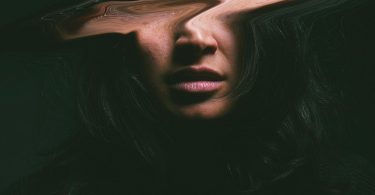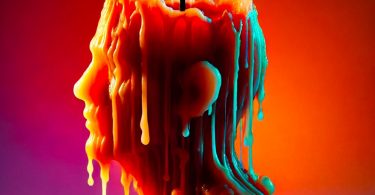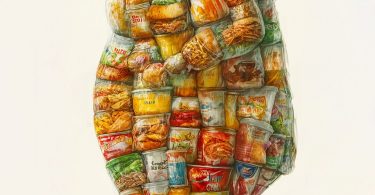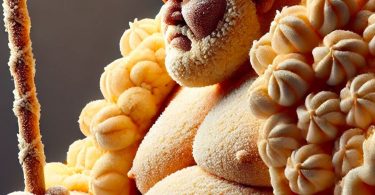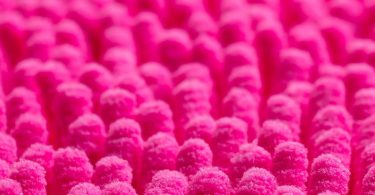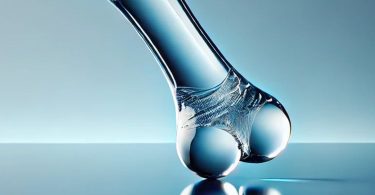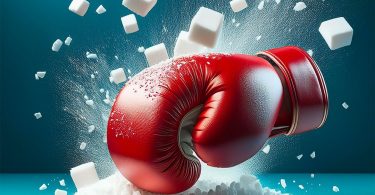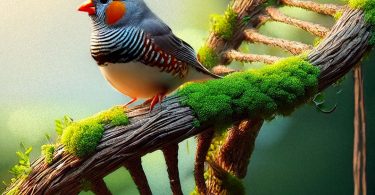Changes in hair properties are often used as indicators of exposure to environmental factors or certain diseases.
A scientific study shows that the increase in hair fragility is associated with a high rate of glycation and aging.
A Japanese team (1) managed to establish the following double link:
– The glycation of the hair reduces their content of capillary proteins (keratin).
– The glycation of hair reduces their resistance to breakage.
This double phenomenon is also correlated with age. And logically, hair glycation is higher in the tips of the hair than near the root.
In an unexplained way, hair care treatments such as hair dye increase / reinforce these effects.
Subject to further studies, hair fragility, easily identifiable (thin, brittle, dull), could be used as a relevant marker of aging. Its improvement would then be a good indicator of effective anti-aging management.
© AGE BREAKER update 11 2020
[Glycation is one of the major causes of aging. Resulting from the fixation of sugars on the proteins constituting the organism, glycation generates toxic compounds that cause cellular aging. Glycation is particularly involved in metabolic disorders, skin aging and cognitive decline.] [AGE BREAKER SKIN HEALTH, patented nutritional supplements, based on rosmarinic acid, recognized around the world by aging specialists for their properties to reverse the effects of glycation.]More on www.agebreaker.com
#agebreaker #glycation
(1): A. Shimode and Al. Hair protein glycation reduces hair breaking strength. Glycative Stress Research vol 1 (4) 2014, Glycation Stress Research Center, Doshisha University, Kyoto, Japan.


